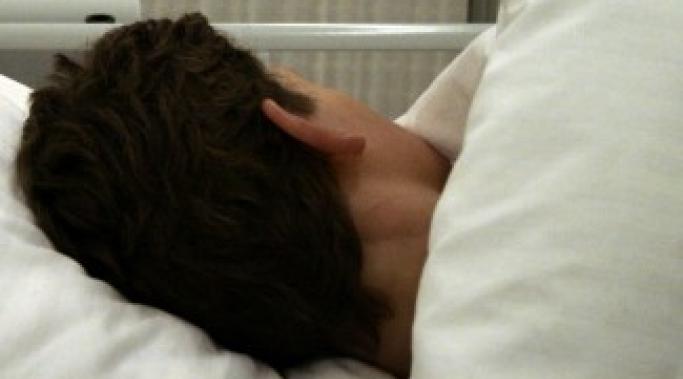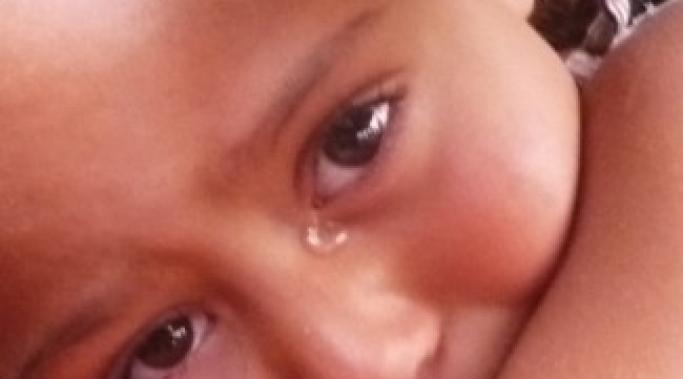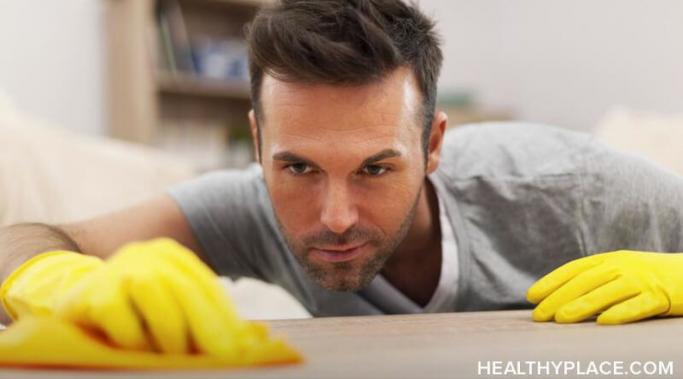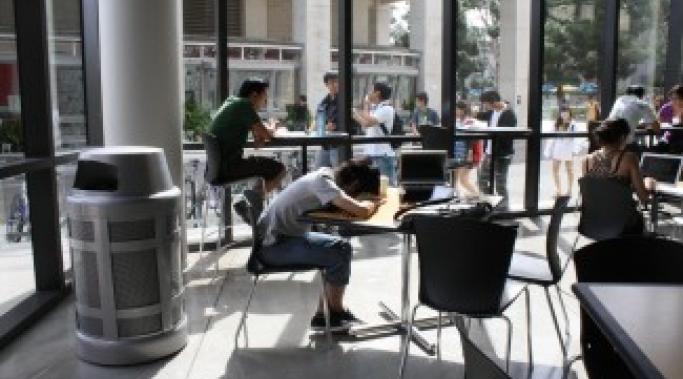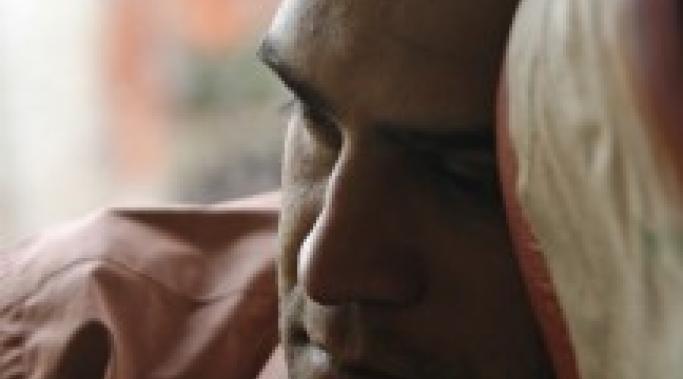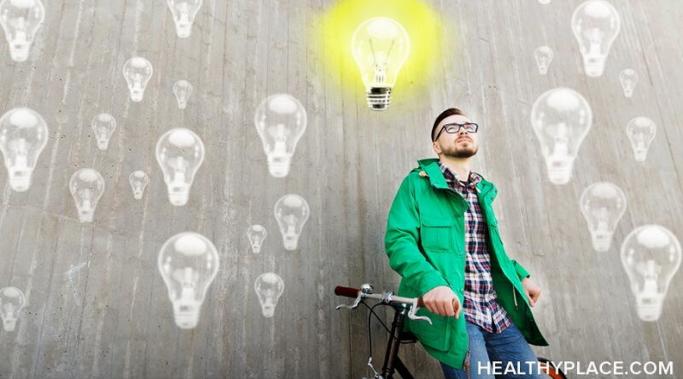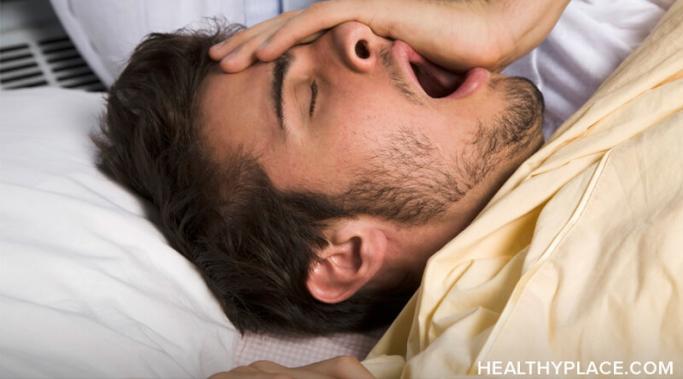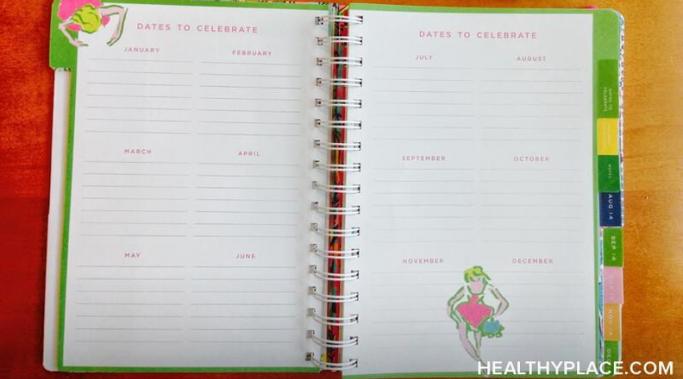Anxiety disorder can damage your health in subtle, hidden ways that are not immediately apparent. While most of us are familiar with the more obvious health risks associated with anxiety disorder (sleep disorders and mental health, for example), anxiety can chip away at your physical health in little ways that can have a significant, cumulative impact over time. There are many hidden ways that anxiety disorder can damage your health.
Treating Anxiety
Can childhood abuse cause anxiety disorder? That's a question many with mental illness have asked themselves. Anxiety disorder is a primary or comorbid mental health issue that affects millions of people all over the world, so it's a natural thing to wonder about. But, can anxiety disorder actually be caused by childhood abuse?
As people with anxiety, it's easy for us to succumb to the idea that everything we do has to be perfect. Think about it. It makes sense. If you believe, as I often do, that you're a failure, that people just generally don't like you, and that you're basically incapable of doing anything right, then why wouldn't you become a perfectionist? It's an understandable, albeit maladaptive, response to feelings of fear, loneliness, and alienation. But, there are three big problems with trying to be perfect: it's impossible, it paralyzes you, and it makes your life a living hell. Here's how to escape the hell of perfectionistic paralysis.
In last week's post, I talked about some of the reasons why anxiety disorder makes you so tired. The sheer weight of the tiredness that often goes with anxiety disorder can be very discouraging, and solutions for that weariness can sometimes seem impossible. But, there are ways to manage it, that, while not a cure-all, can make living with the exhaustion of anxiety doable. This week, we'll talk about ways that you can manage your anxiety disorder exhaustion.
Anxiety disorder is a complex beast that affects more than just your emotions. It's seen primarily as an mood disorder, and while that is certainly true, anxiety has a strong mental and physiological component as well. This week, we'll explore one of the questions everyone with anxiety has asked themselves at some point: why does anxiety disorder make you so tired?
Years ago, a good friend of mine who also struggles with anxiety told me a story about how she sees her disorder. She said she visualizes her anxiety as the Incredible Hulk -- a 1000-pound green monster that, when it comes out, threatens to flatten her entire landscape. She said it can't be bargained with, and it can't be reasoned with. "But," she said, "it can be contained. I can keep it in check, and eventually put it back in its cage, but I have to be ready. That's why I always keep my emergency anxiety toolkit handy."
A lot of my days with anxiety disorder start something like this: I wake up, then ask myself why I stayed up so late (again) the night before. I'm sleep-deprived, my eyes are bleary, and my thoughts are a grey, swirling blob of worry. I have a powerful feeling I'm forgetting something, or a lot of things (Reduce Morning Anxiety With These 5 Useful Tips). Then I groan loudly at the prospect of having to drag myself through another seemingly pointless day of my pathetic existence. This is often followed by a black wave of despair, and a strong desire to crawl back into bed -- maybe forever. It is not easy to plan a day with anxiety disorder.
We live in a time where mental health issues like anxiety disorders are being taken more seriously as the illnesses that they are. Real progress has been made in recent years in reducing the mental health stigma surrounding anxiety. We're talking about it more and learning to treat anxiety better. There's also an overall softening of social attitudes about it.
Anxiety disorder is the most common form of mental illness, and people are finally starting to recognize the devastating impact it can have on parents, children, families, and friends. Except, one population with a huge increase in anxiety diagnoses is being neglected: anxiety in elderly people.
We're right in the midst of the holiday season, and lots of people are coping with holiday anxiety. During times like these, sometimes all we can do is hunker down and manage chronic anxiety symptoms by putting one foot in front of the other. During these times, I exist in terms of hours and minutes instead of days. Often, I exist moment by moment, sometimes, breath by breath.
Planning for the future when you have anxiety can feel utterly impossible. The paralysis, chronic avoidance, and feelings of spinning craziness going on between your ears is something you have to experience for yourself to really understand. And while it's true the future is uncertain, part of being an adult means becoming reasonably proficient at anticipating and planning for the semi-predictable arcs of life: career, finances, health, family, and aging.
